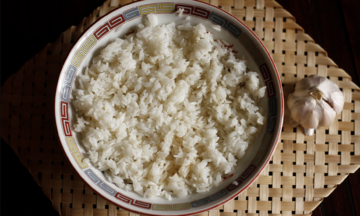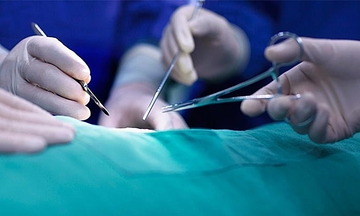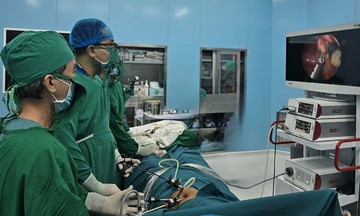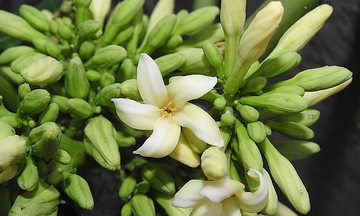Answer:
The idea that a diet rich in vegetables and low in red meat can eliminate HPV is circulating on social media, but this information is not scientifically based. To date, no scientific studies or evidence suggest that any specific diet or avoidance of certain foods can eliminate HPV.
Research shows that the immune system can clear HPV on its own within 1-2 years without treatment. However, individuals with weakened immune systems and those infected with high-risk strains like HPV 16 and 18 may find it more challenging to eliminate the virus. Persistent infections can lead to cellular changes and potentially cause conditions like genital warts, precancerous lesions, and cancer.
In your case, you are infected with HPV 16, which carries a high risk of developing cancers such as cervical cancer. You should follow your doctor's treatment and follow-up recommendations.
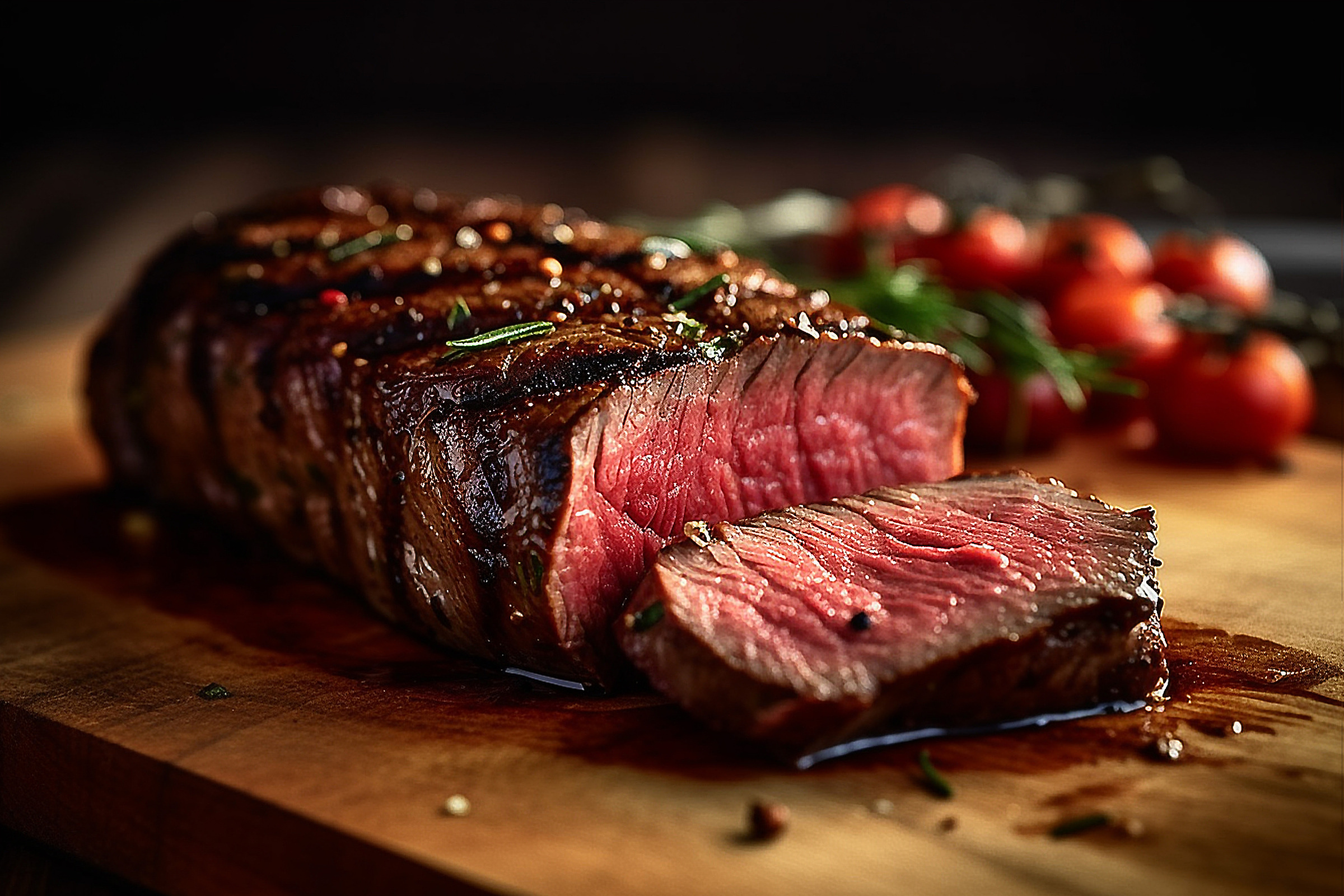 |
To date, no scientific studies or evidence suggest avoiding red meat can treat any disease, including eliminating HPV. Illustrative photo: Vecteezy |
To date, no scientific studies or evidence suggest avoiding red meat can treat any disease, including eliminating HPV. Illustrative photo: Vecteezy
In addition to medical advice, focus on a nutritious and varied diet, adequate sleep, regular exercise, and avoiding stimulants like alcohol and tobacco to boost your immune system and aid the natural process of viral clearance. Practice safe sex and avoid sharing personal items to prevent further HPV infections.
HPV (human papillomavirus) is primarily transmitted through sexual contact and skin-to-skin contact. Sharing personal items is a less common transmission route. Over 200 HPV types exist, with 40 known to infect various body parts, including skin, mucous membranes, and genitals. HPV can cause cervical cancer, anal cancer, vaginal cancer, penile cancer, and oral cancer.
Two HPV vaccines are available in Vietnam: Gardasil and Gardasil 9. Gardasil protects against four types (6, 11, 16, and 18) and is recommended for females aged 9-26. Females aged 9 to under 14 require two doses 6-12 months apart, while those aged 14-26 require three doses. Gardasil 9, the newer generation vaccine, protects against nine types (6, 11, 16, 18, 31, 33, 45, 52, and 58) and is recommended for both males and females aged 9-45, offering over 90% protection. The schedule for 9-14 year-olds consists of two doses, 6-12 months apart, and three doses within six months for those aged 15-45.
At 39, you fall within the age range for Gardasil 9. Consult your doctor for personalized advice regarding vaccination.
Doctor Le Thi Minh Nguyet
Medical Manager, VNVC Vaccination System
Readers can submit vaccine-related questions for doctors to answer here.





